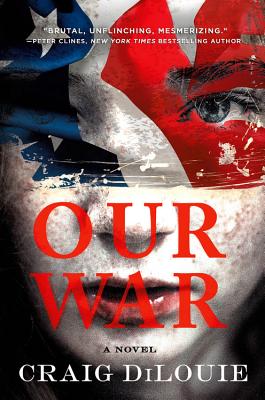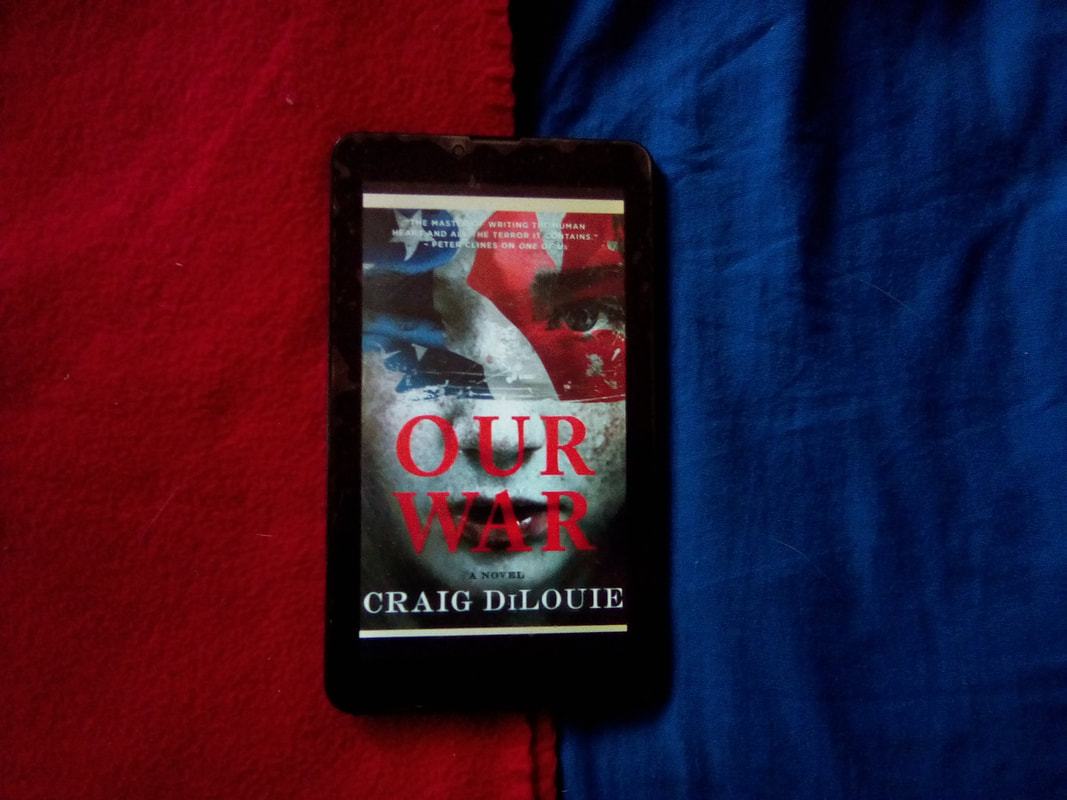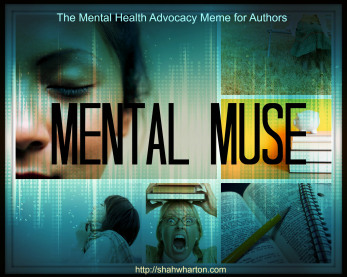| When the president of the United States is impeached, but refuses to leave office, the country erupts into civil war. 10-year-old Hannah Miller, an orphan living in besieged Indianapolis, has joined a citizen's militia. She had nowhere else to go. And after seeing the firsthand horrors of war, she's determined to fight with the Free Women militia. Hannah's older brother, Alex, is a soldier too. But he's loyal to the other side. After being separated from Hannah, he finds a home in a group calling themselves The Liberty Tree militia. When a UNICEF worker and a reporter discover that both sides are using child soldiers, they set out to shine a light on something they thought could never happen in the United States. But it may be too late because even the most gentle children can find that they're capable of horrific acts. |
Review
While there are several viewpoint characters in Our War, including journalist, Aubrey, and Gabrielle, an inexperienced UNICEF worker, the characters at the heart of this novel are Hannah and Alex, siblings separated en route to Indianapolis who have ended up in militias on opposite sides of the conflict.
Although the premise of Our War leans towards the dystopian, this novel is primarily war fiction. Fifteen-year old Alex is essentially abducted and then indoctrinated into the Liberty Tree militia, a right wing organisation founded well before the civil war started. The sudden death of Hannah and Alex's mother leaves Hannah an orphan. Unwilling to end up in the desperation and squalor of the city's orphanage, the ten-year old girl instead finds herself on the doorstep of a domestic violence centre, now the base of operations for the Free Women Collective, one of the Leftist militias holding the city.
What these kids endure is harrowing, and DiLouie portrays their experiences and the way they mould Hannah and Alex with heartfelt realism. Hannah's determination to fight and avenge her parent's deaths is a direct contrast to Alex's lackadaisical view of his circumstances. Where the lasting impression of the Liberty Tree militia is that of weaponised dissatisfaction and sociopathy nurtured into fanaticism, the Free Women Collective can be characterised by the refusal to be victimised by a hostile government regime and the militia groups that represent it. The Free Women have a sense of unity and support, both within their own ranks and with the other left wing militias that’s notably missing from Liberty Tree.
Despite the polarity of these opposing views, DiLouie portrays realistic and relatable characters on both sides of the conflict. Despite his radical views, Liberty Tree Sergeant Mitch is a fairly likeable character while Sabrina and Abigail's initial acceptance of Hannah into the Free Women Collective is an obviously short-sighted act of goodwill. As with many war stories, both real and fictional, it's the fleeting instances when opposing sides connect (such as singing the same Christmas carols on either side of the front lines) which highlights their shared humanity.
Our War is a deeply moving merger of dystopian and war fiction, compelling in its realistic depiction of urban warfare in general and from the point of view of a child soldier.
Book provided via NetGalley in exchange for an honest review


 RSS Feed
RSS Feed








